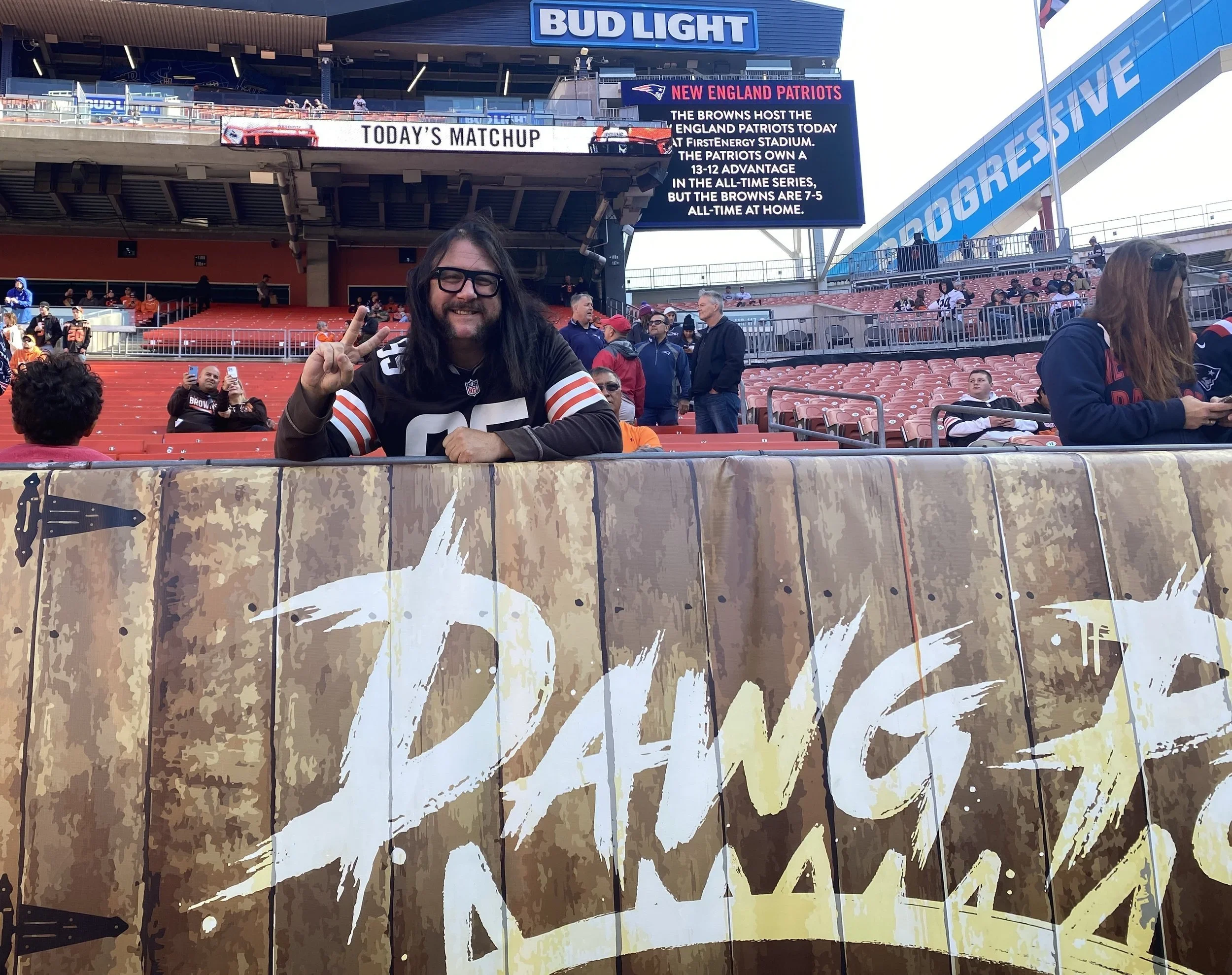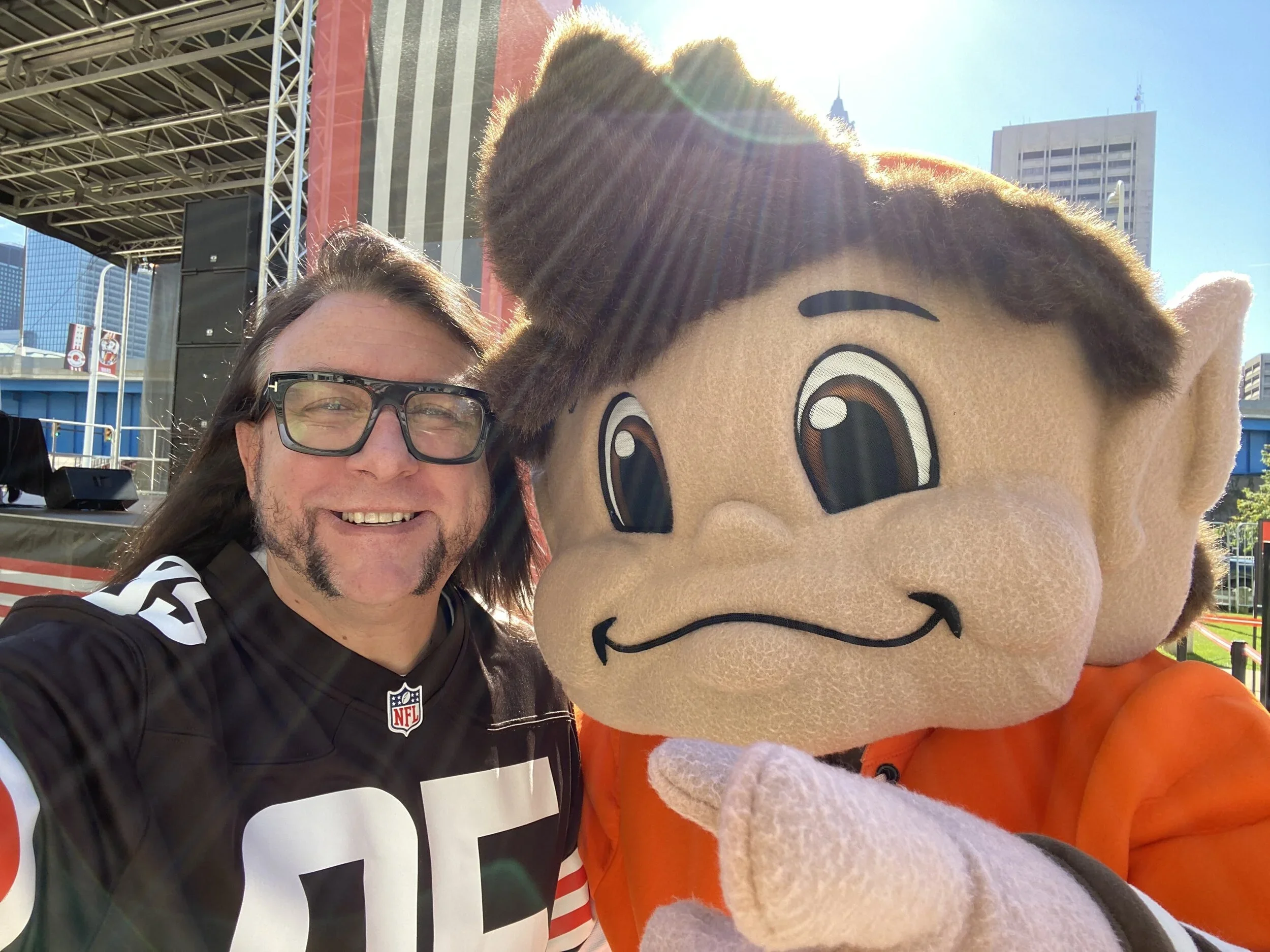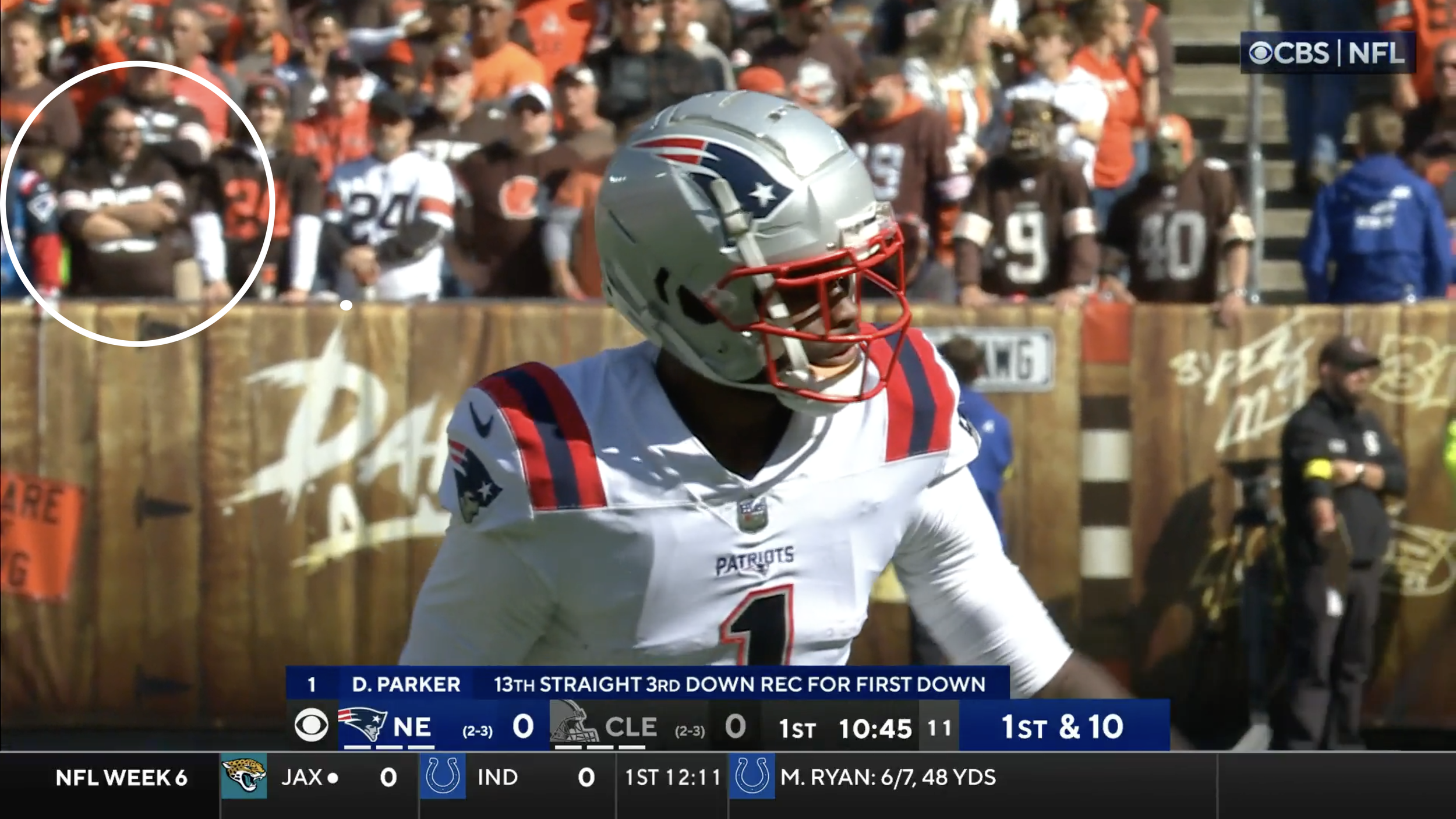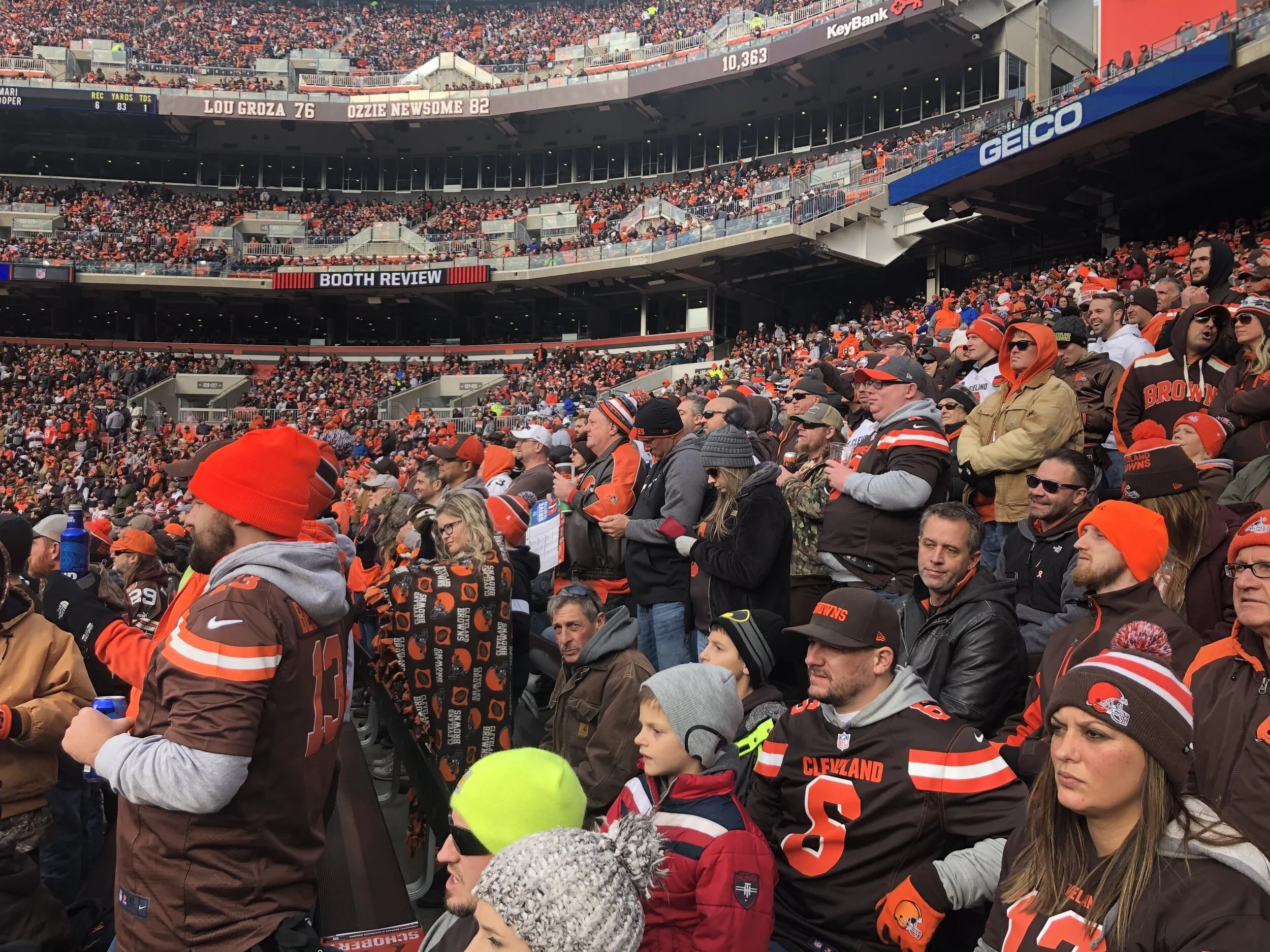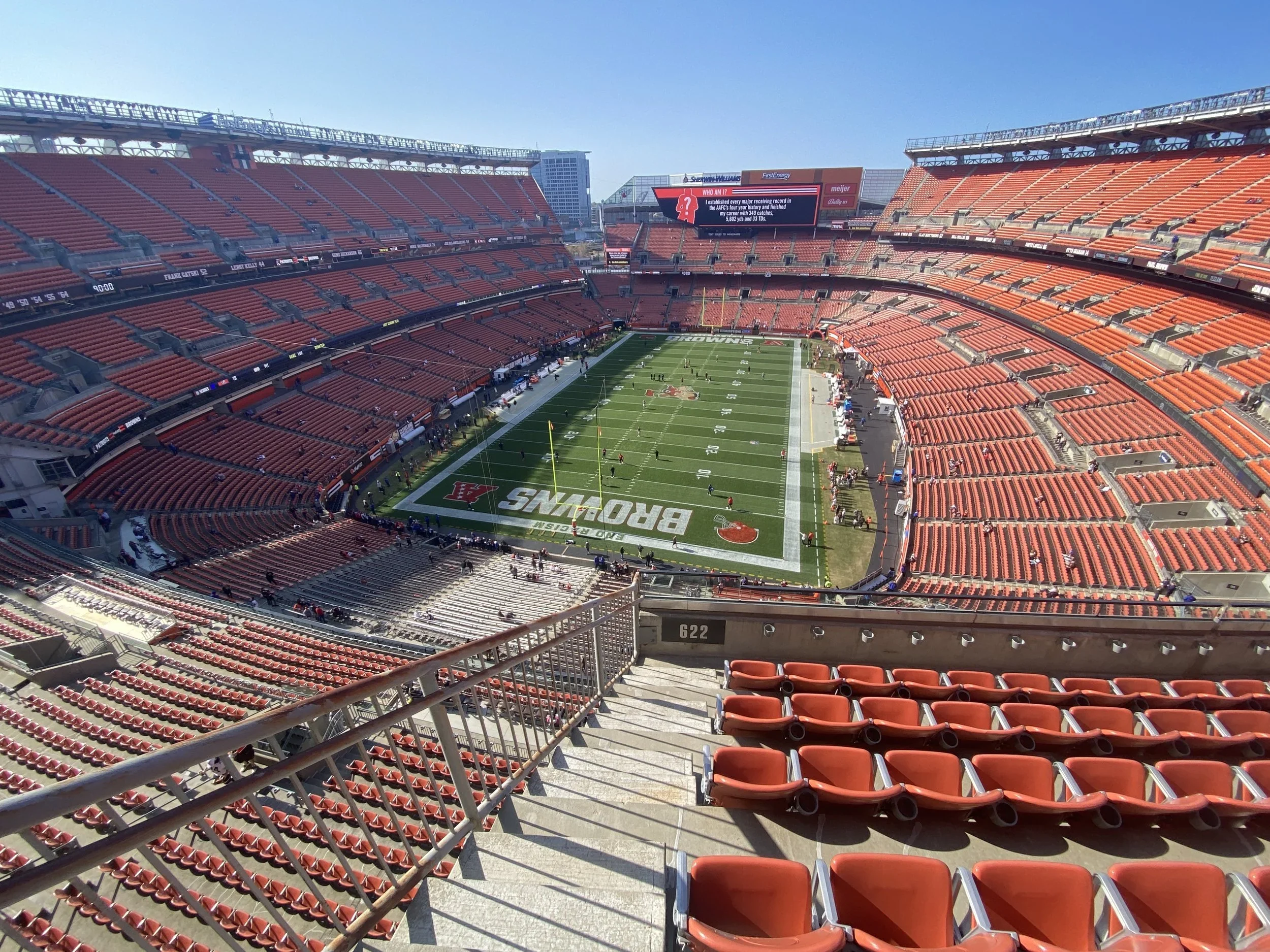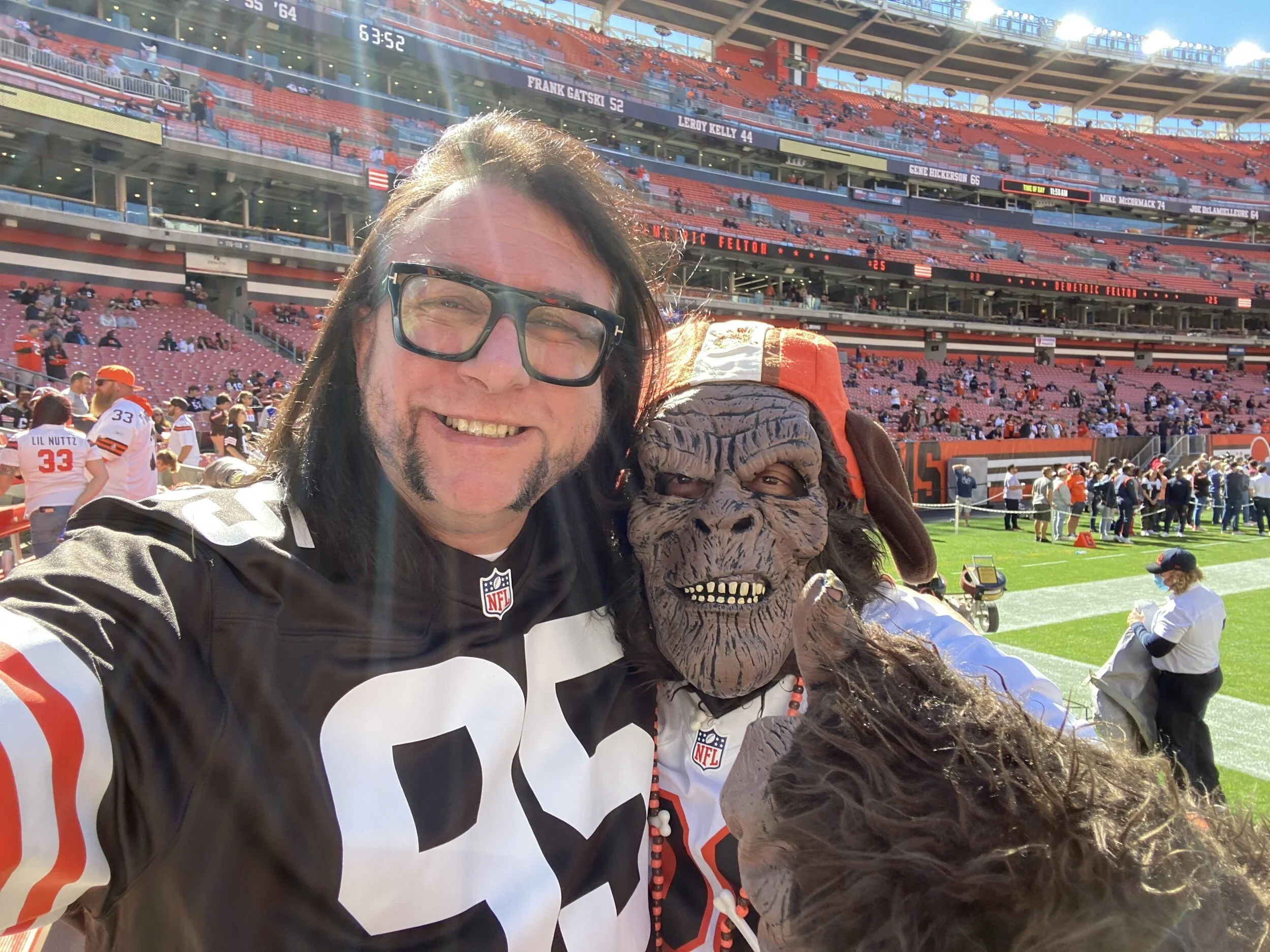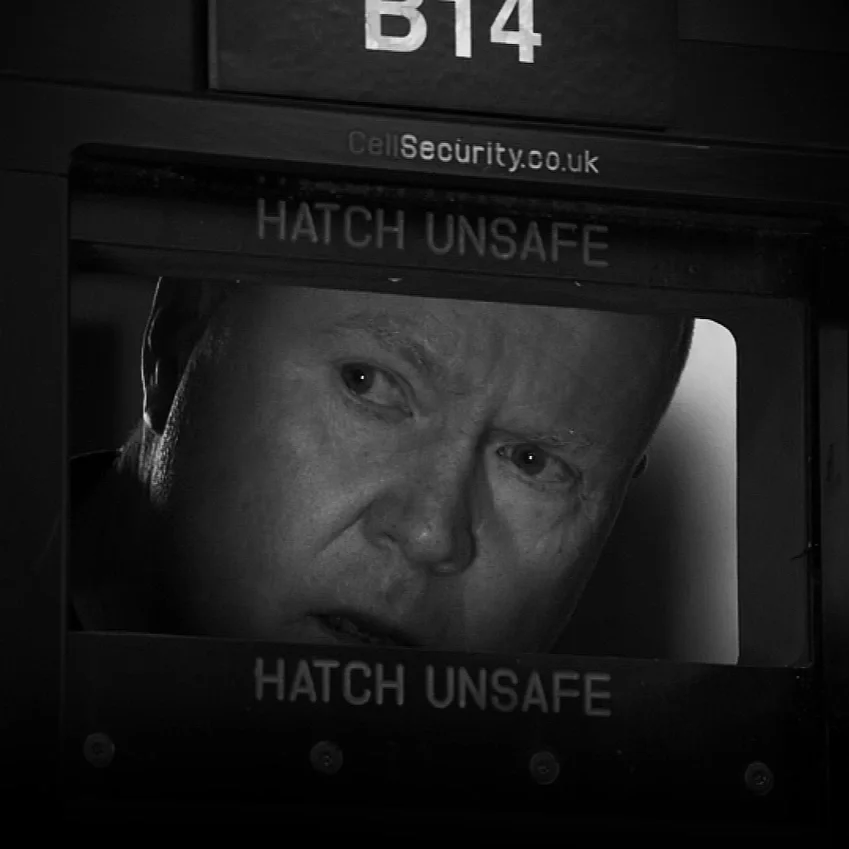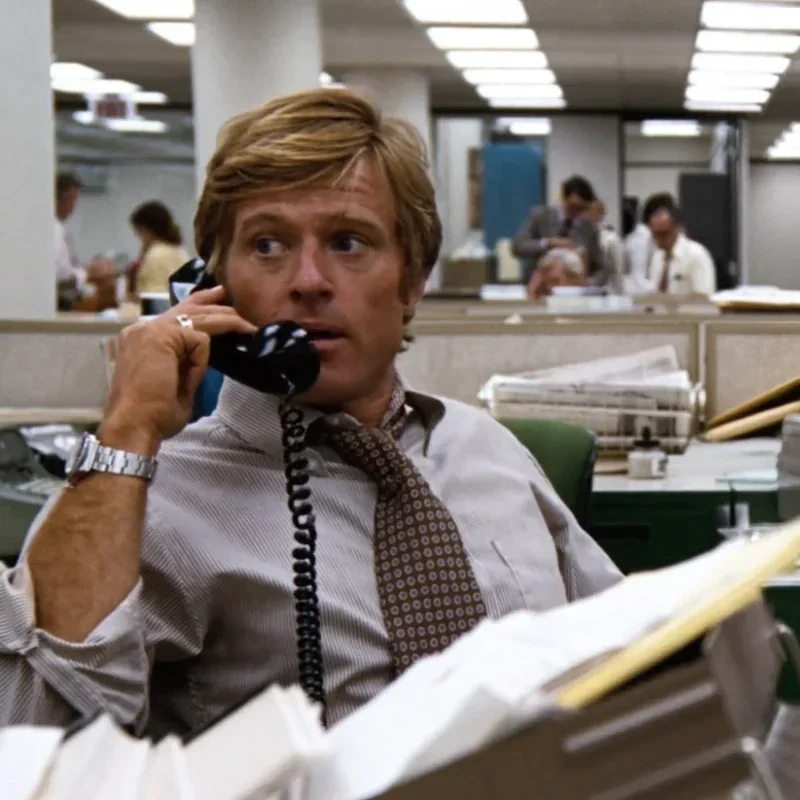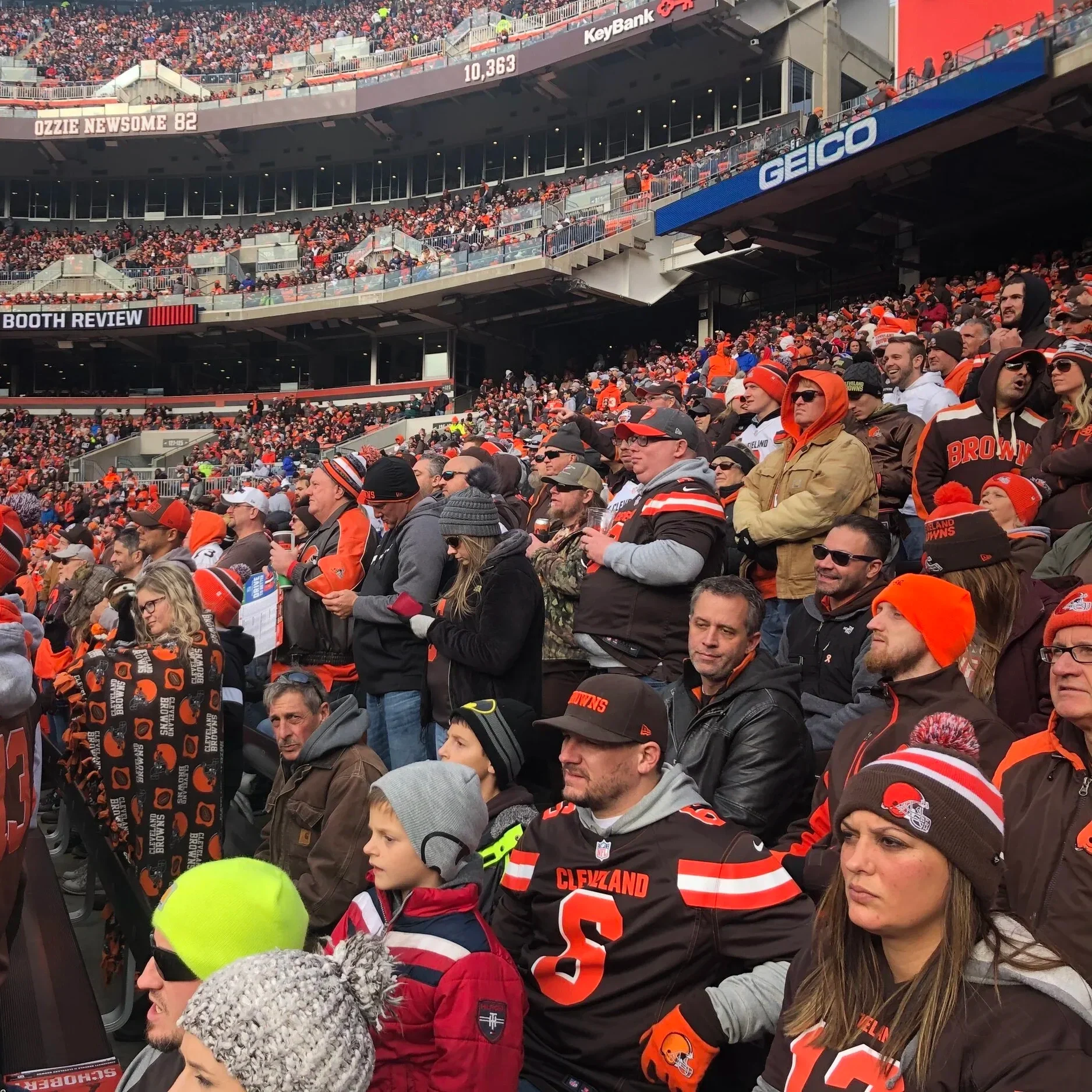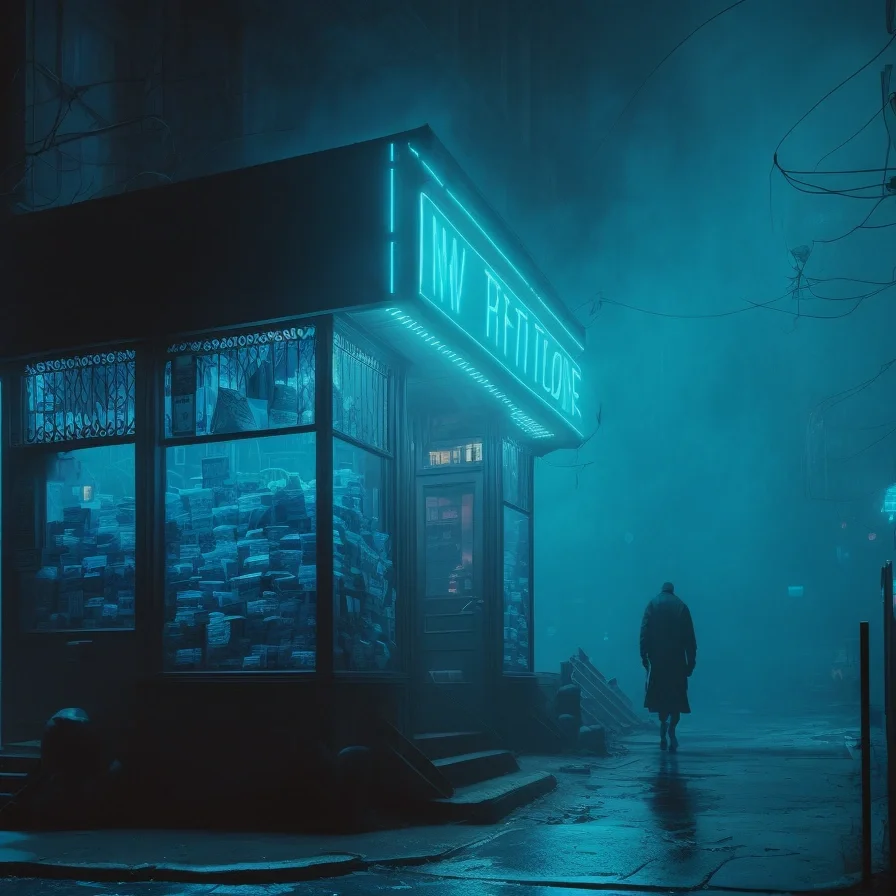After 40 Years, Why I’m Finally Walking Away from the Cleveland Browns
It’s been forty years. Forty years of heartbreak, hope, humiliation, and the occasional flicker of joy which never quite caught fire. I’ve been a Cleveland Browns fan for almost as long as I’ve been alive. They’ve been my fall ritual, my Sunday soundtrack, my peculiar form of loyalty, masochism, and, if I’m being honest, identity. I’ve defined myself as a Browns fan ever since they first sparked the idea of one day moving to America.
But this season, I’m done. Not in the half-hearted way fans say they’re done after a particularly gutting loss. But in the deep, psychological way one finally realizes that a long-term relationship isn’t just bad, it’s eroding something essential inside you. I’m walking away from the Cleveland Browns because supporting them has become an act of self-harm disguised as loyalty.
There’s something pathological about being a Browns fan. You don’t stay with a team this long out of rationality. You stay because you’ve built so much of yourself around a shared suffering that to let go feels like amputating part of your own story. Every October in Cleveland carries with it that stubborn optimism. This could be the year. And every November, reality sets in like lake-effect snow. Heavy, relentless, indifferent.
I’ve only seen them go deep into the playoffs twice. In the eighties. For four decades, I’ve witnessed quarterbacks come and go like passing storms. Kosar, Couch, McCoy, Manziel, Mayfield, Watson. Even poor Joe Flacco showed up. Each sold as salvation, each leaving behind a residue of what-if. I’ve seen head coaches cycle through Berea like middle managers in a cursed startup. Each promising a new culture, each promising to look at the tape, each repeating the same empty refrain after another loss. We have to do better.
That phrase has become a kind of dirge, a hollow ritual spoken into microphones by men who know better but say it anyway. It’s not just a coaching cliché, it’s an emotional trigger. Because the truth is, they rarely do better. And the fans, God help us, keep showing up anyway.
Positive psychology teaches that well-being comes from our ability to build hope, agency, and pathways toward meaningful goals. But being a Browns fan is the inverse. It’s a masterclass in learned helplessness. You learn to hope irrationally, to invest in future glory which never arrives, and to call that resilience. You tell yourself that staying loyal through suffering builds character, but what it really builds is a tolerance for disappointment so deep it borders on self-betrayal.
The sunk cost fallacy is the cruelest trick such fandom plays. It whispers you can’t walk away because you’ve already given too much. The emotional hours, the long road trips to the lakeside stadium, the snow-filled seats, the endless Monday-morning autopsies. None of it can be wasted, right? To quit now would make it all meaningless.
But that’s the lie. The past is already spent. The cost is sunk. The question isn’t what it means to have stayed, but what it costs to keep staying.
I’ve been to Cleveland more times than I can count. Trips that were less about the game than about belonging. I’ve walked down West 6th in the freezing wind holding a piping hot cup of coffee from the West 3rd Deli, surrounded by orange-clad optimists chanting Here We Go Brownies as if sheer volume might bend fate. I’ve watched the stadium fill with that peculiar mix of fatalism and fraternity. The city’s industrial bones vibrating with hope.
In those wonderful moments, it felt like religion. One built not on resurrection, but on ritual suffering. The Browns taught me about endurance long before I learned about grit. They taught me about how people hold faith in systems which don’t deserve it. How we justify loyalty as virtue even when it drains us. That community can be built around collective pain, but also that pain has limits.
The closest the Browns have ever come to true transcendence in my lifetime was The Drive and The Fumble. Two tragedies etched into NFL mythology. Even their moments of greatness became cautionary tales. Each new heartbreak became part of the lore, and somewhere along the line, we started mistaking trauma for tradition.
Psychologists describe grit as passion and perseverance toward long-term goals. But grit without hope too often becomes grief. For forty years, my perseverance has looked a lot like grief dressed up as devotion. Every training camp preview, every draft pick, every quarterback reboot was a form of self-delusion that this time it would be different.
But true resilience isn’t the ability to tolerate endless pain. It’s the wisdom to know when the source of pain is no longer serving you. The Browns, for all their historical charm and communal heartbreak, have become a toxic, abusive drain on my well-being. My Sunday mood shouldn’t hinge on whether a field goal hits the upright or a quarterback implodes under pressure again. That’s not resilience. That’s captivity.
There’s a special kind of absurdity in hearing the same phrase repeated after every loss: We have to do better. It’s meant to sound accountable, but it’s really an abdication. It’s a linguistic placeholder for we don’t know how. Over decades, it’s become the Browns’ defining ethos. A corporate mantra of futility.
For me, that phrase now echoes in a more personal way. How many times have I said it to myself? We have to do better at work. We have to do better in relationships. We have to do better at managing burnout. In all those contexts, the phrase only means something when followed by action. But the Browns never follow through. They perform contrition without growth, effort without evolution. And somewhere along the line, that became intolerable.
Supporting the Browns has long been an expression of what’s most important to me. Loyalty, perseverance, faith in underdogs. But it’s hard to argue that loyalty to dysfunction is noble. It’s not grit; it’s gravitational pull. The healthiest people I know curate their emotional investments. They choose what they let define them. And I’ve realized that letting a perpetually broken franchise dictate my happiness is a violation of that principle. I can love football without loving the Browns. I can admire resilience without submitting to despair. I can find belonging in better places.
There’s no ceremony for leaving a fandom. No clean break. It’s not about burning jerseys or deleting apps. It’s quieter than that. It’s about no longer rearranging your weekend around kickoff, no longer refreshing injury reports, no longer letting a loss echo through your mood for days. It’s about finally accepting that you can love something and still walk away from it.
Cleveland will always hold a part of me. The trips, the friends, the laughter over beers after another blown lead. I’ll still love all of it, and I am grateful for it all. But those memories can stand on their own, separate from the suffering that followed. The city’s resilience, its music, its people. I’ll keep all that. The team? They’ll have to do better without me. Some have asked me if I’ll start supporting someone else. I won’t.
If there’s one lesson the Browns have inadvertently taught me, it’s that hope is only healthy when it’s reciprocal. The team asks for faith every year, and every year they give back just enough to keep you hooked. But I’ve also learned that systems which never improve erode trust. And trust, once gone, doesn’t rebuild easily. What if they start winning next year? Nothing would make me happier of course.
So I’m reclaiming not just my Sundays, but my well-being. I’m choosing joy over futility, curiosity over cynicism, self-care over superstition. I’m done confusing endurance for virtue. The Browns don’t need my hope anymore.
They need to do better.
And so do I.
Latest Articles


